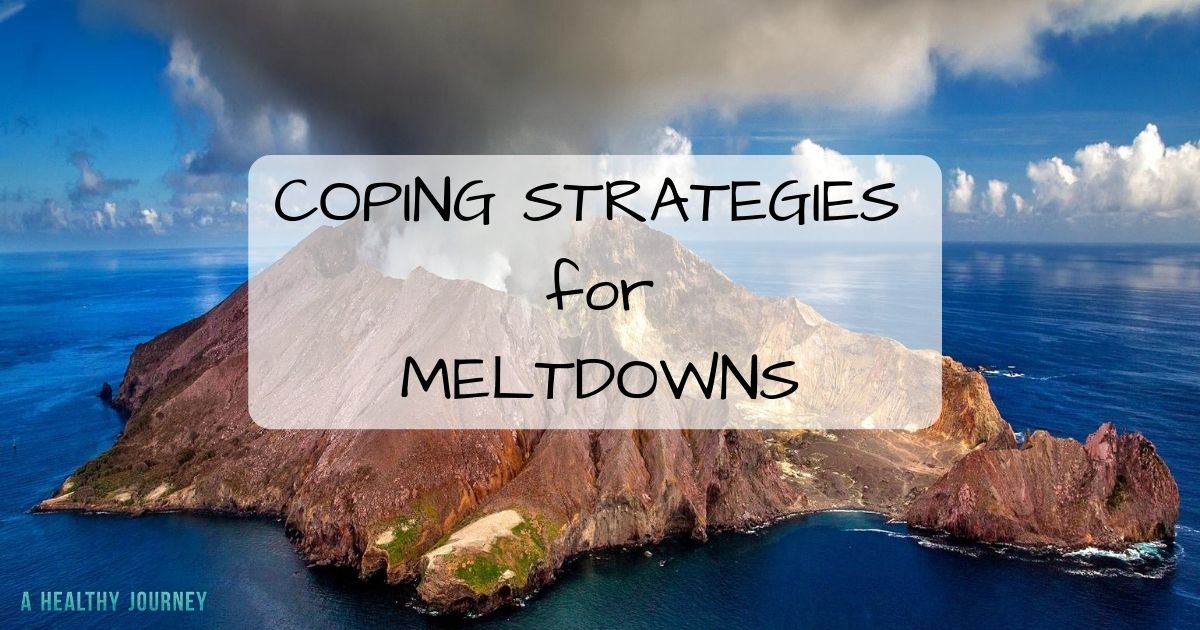We all know that stress is a natural part of life. What if instead of investing our energy in avoiding it we learned how to use it as a teaching tool?
What if each of us had our own mental health tool box full of coping strategies that work for our personality?
I do and so can you!
Before explaining what tools are available, I want to share how I cope with overwhelm, frustration and meltdowns.
When I’m in the thick of it, I take some slow deep breaths and try to stay in my body. Better yet, I take a break and remove myself from the situation if possible. This looks like going for a walk, turning on my favourite music, allowing myself to cry or scream into my pillow.
I need to do something to get out of my head and let my emotions move through me instead of being taken out by them.
Once the immediate “crisis” or drama has passed, I am able to choose a coping strategy from my toolbox to help me to see why the meltdown happened.
Stress isn’t going away; it’s about understanding yourself and using strategies that work with your personality.
Experiment until you find the strategies that help you move through meltdowns with more grace and compassion. There’s nothing wrong with you. Experiencing your emotions is healthier than ignoring them.
It won’t always be comfortable but remember that emotions are never permanent.
Here are some coping strategies for when overwhelm and frustration are about to hijack your brain. They are organized according to each of the 9 Enneagram types. Give them a try and see which ones work for you.
Coping Strategies for Meltdowns
- The Reformer: practicing forgiveness, questioning internal strictness, accepting imperfections in myself and others, acknowledging there is more than one right way
- The Helper: allowing myself to give and receive, investing in finding out what my own needs and wants are, practice setting limits and boundaries on my giving
- The Achiever: practicing patience, slowing down, mindfulness, identifying what really matters, developing empathy and understanding
- The Individualist: focusing on what is positive right now, taking consistent action, doing for others, letting intense emotions subside before reacting
- The Observer: finding ways to express myself, share yourself in conversation, practicing not needing to know everything
- The Loyalist: practice trusting my own authority, taking positive action in spite of fear, accepting uncertainty as natural
- The Enthusiast: single tasking, making and keeping commitment to myself and others, living more in the present and less in the future
- The Challenger: practice waiting and listening before taking action, learning to compromise, welcoming a sense of calm and quiet within
- The Peacemaker: focusing attention on my own needs, setting priorities and taking action, accepting discomfort and change as natural
Remember we have access to all 9 types so feel free to borrow strategies from other types. You just might be surprised by what you discover.
What to do you do when you are experiencing overwhelm, frustration or in the middle of a meltdown?
Are your coping strategies effective or is time to update your mental health tool box?
Meltdowns are nothing to be embarrassed about but if you are experiencing them more often than you prefer, let’s chat before your health, relationships and career suffer more damage. You can turn it around and get back on track.




